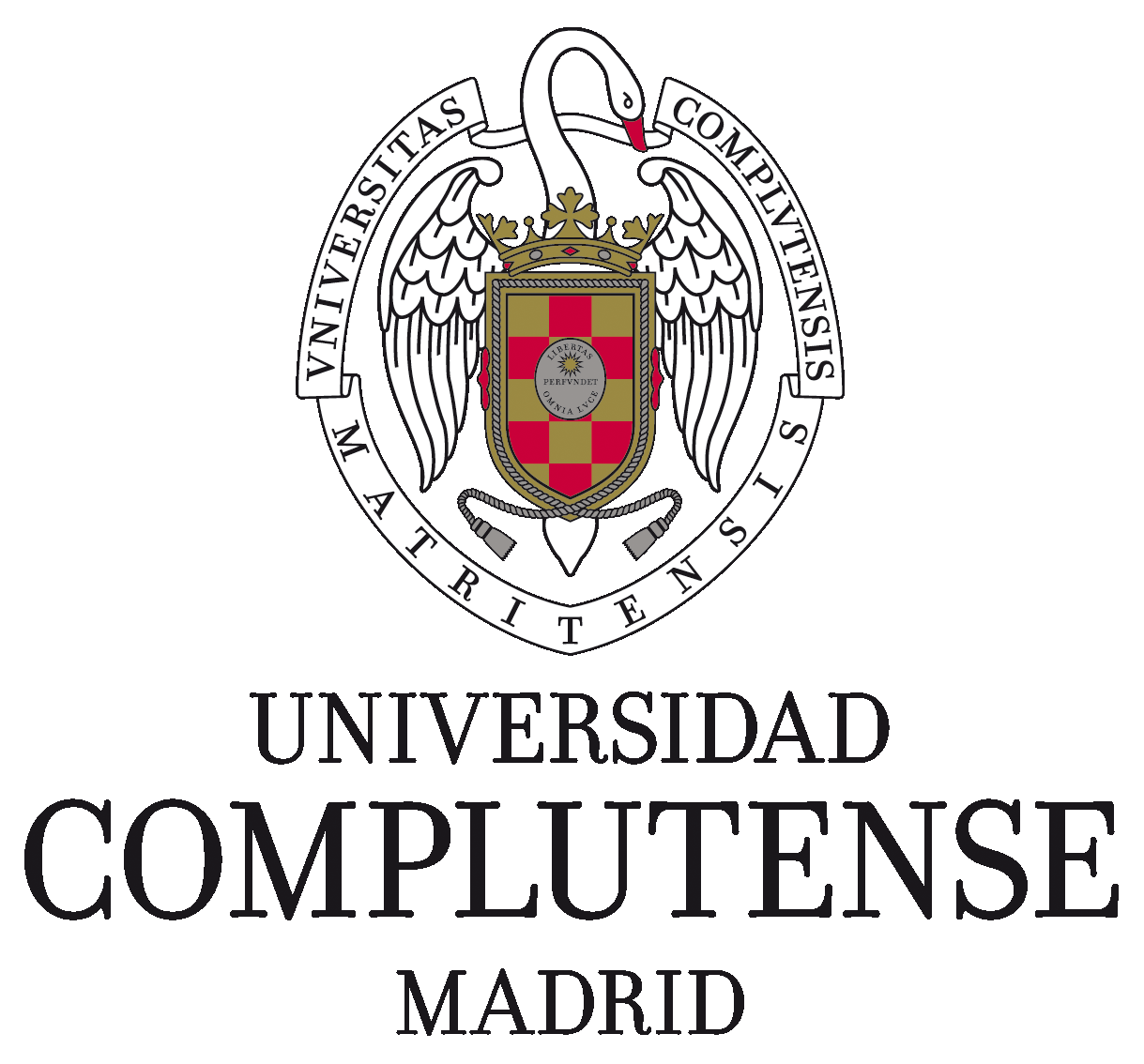![]()

The “Biomaterial Cell-Cell Interactions” (BIOUCM) research group, led by Professor Maria Teresa Portolés, studies the in vitro interactions of specific cell types (osteoblasts, pre-osteoblasts, osteoclasts, stem cells, fibroblasts, vascular cells, macrophages, lymphocytes, liver cells) with different biomaterials (bioceramics, graphene, polymerics, composites) designed for various biomedical applications (osteoporosis treatment, tissue engineering, drug delivery, anti-tumour treatment). The studies carried out are approached with different strategies, according to the biomedical application of each material, and considering the cell types with which it will come into contact in vivo. The group has recently performed the immobilisation of growth factors (FGF1, FGF2, VEGF) on silicon-doped hydroxyapatite, evaluating their bioactivity on cell types involved in bone regeneration. In vivo studies have also recently been carried out in an ovine osteoporotic model. Studies are currently underway with nanomaterials for the prevention and treatment of osteoporotic fractures. These nanosystems, based on bioactive mesoporous nanoparticles, stimulate bone tissue formation and act as on-demand delivery systems for anti-osteoporotic drugs.
BIOUCM is part of the UCM Research Group 910576 (GIBI), directed by Professor M Vallet-Regí, and belongs to the Network of Excellence of the Community of Madrid (Projects S-0505-MAT-0324 and S2009/MAT-1472) for the “Study of bioceramics for tissue engineering”.
BIOUCM also collaborates with: MC Serrano, ICMM, CSIC (Angiogenic cells and studies with graphene for nerve tissue regeneration); R Lozano, CIB, CSIC (Interaction of FGF with biomaterials); G Ameer, Northwestern University, USA (Studies with angiogenic cells); P Portolés, CNM, CSIC-ISCIII and JM Rojo, CIB, CSIC (Immune response to biomaterials); PA Marques and M Vila, University of Aveiro, Portugal (Graphene oxide nanoparticles for anti-tumour therapy); P Esbrit, Fundación Jiménez Díaz and AR Gortázar, Universidad San Pablo CEU (Regulatory role of osteocytes on osteoclasts in pathophysiological situations); Gómez-Fatou M and T Corrales, ICTP, CSIC (Biocompatibility of polymers); M Catalá, Universidad Rey Juan Carlos (Effect of terrestrial microalgae on mammalian cells); L Ortega and M Saiz, Pathological Anatomy Department, Hospital Clínico San Carlos (Histology of ovine bone from in vivo studies); R Díez-Orejas, Microbiology and Parasitology Department, UCM (Infection and macrophage function); Centro de Cirugía de Mínima Invasión Jesús Usón (Ovine osteoporotic model).
Dr. María Teresa Portolés Pérez is Professor of Biochemistry at the Complutense University of Madrid (UCM). She obtained the Extraordinary Award for her Licentiate degree in Chemistry (Biochemistry) and holds a PhD in Biochemistry (cum laude) from the UCM.
She spent scientific stays at Yale University (New Haven, CT, USA) and Cologne University (Germany), where she learned pioneering techniques that she has applied to his research.
She leads the Cell-Biomaterial Interactions group, which focuses on the study of the specific responses of numerous cell types (osteoblasts, pre-osteoblasts, osteoclasts, endothelial stem cells, fibroblasts, macrophages, lymphocytes, lung cells, liver and kidney cells) to different biomaterials (bioceramics, polymers, composites, graphene derivatives, nanoparticles) for a wide range of biomedical applications (tissue engineering, drug delivery, tumour treatment by hyperthermia, osteoporotic bone treatment, neuronal regeneration).
She combines her teaching activity in Biochemistry at UCM with his participation as Principal Investigator in scientific projects funded by the Spanish Ministry of Science and Innovation and the European Commission (Horizon 2020 FET-OPEN NeuroStimSpinal Project).
She is co-author of more than 100 publications and has supervised 7 doctoral theses. From 2014 to the present, she has gained the distinction of Excellence from the UCM Vice-rectorate for Quality (DOCENTIA Programme for the Evaluation of the Teaching Activity of the Teaching Staff).
Dr. María Teresa Portolés has been attached to the Bioengineering, Biomaterials, and Nanomedicine CIBER, CIBER-BBN, since November 2020.
The main objective of the current project “Regenerative nanomaterials in bone pathology scenarios: osteoporosis and infection”, granted by the Spanish Ministry of Economy and Competitiveness (Reference MAT2016-75611-R) with Daniel Arcos (GIBI) and María Teresa Portolés (BIOUCM) as Principal Investigators, is to develop nanomaterials for the prevention and treatment of osteoporotic fractures. These nanosystems, based on bioactive mesoporous nanoparticles, stimulate bone formation and function as drug delivery systems. The ultimate goal is for the new nanoparticles to act as on-demand release systems for combined anti-osteoporotic drugs (antiresorptive and anabolic drugs). The effects of these nanoparticles are evaluated in vitro with pre-osteoblasts, osteoblast/osteoclast cocultures and macrophages, analysing their polarisation towards the pro-inflammatory M1 and reparative M2 phenotypes. A previous project (Ministry of Economy and Competitiveness, Reference MAT2013-43299-R) was focused on the design and preparation of endosseous implants with growth factors, capable of stimulating tissue regeneration in bone defects, ensuring adequate behaviour in osteoporotic bone. In vivo studies have recently been carried out with these implants in an osteoporotic ovine model.
BIOUCM also maintains an active collaboration with the aforementioned groups, with the aim of reinforcing the study of the interaction mechanisms between specific cell types and different biomaterials, in order to know their possible in vivo application with different biomedical objectives.